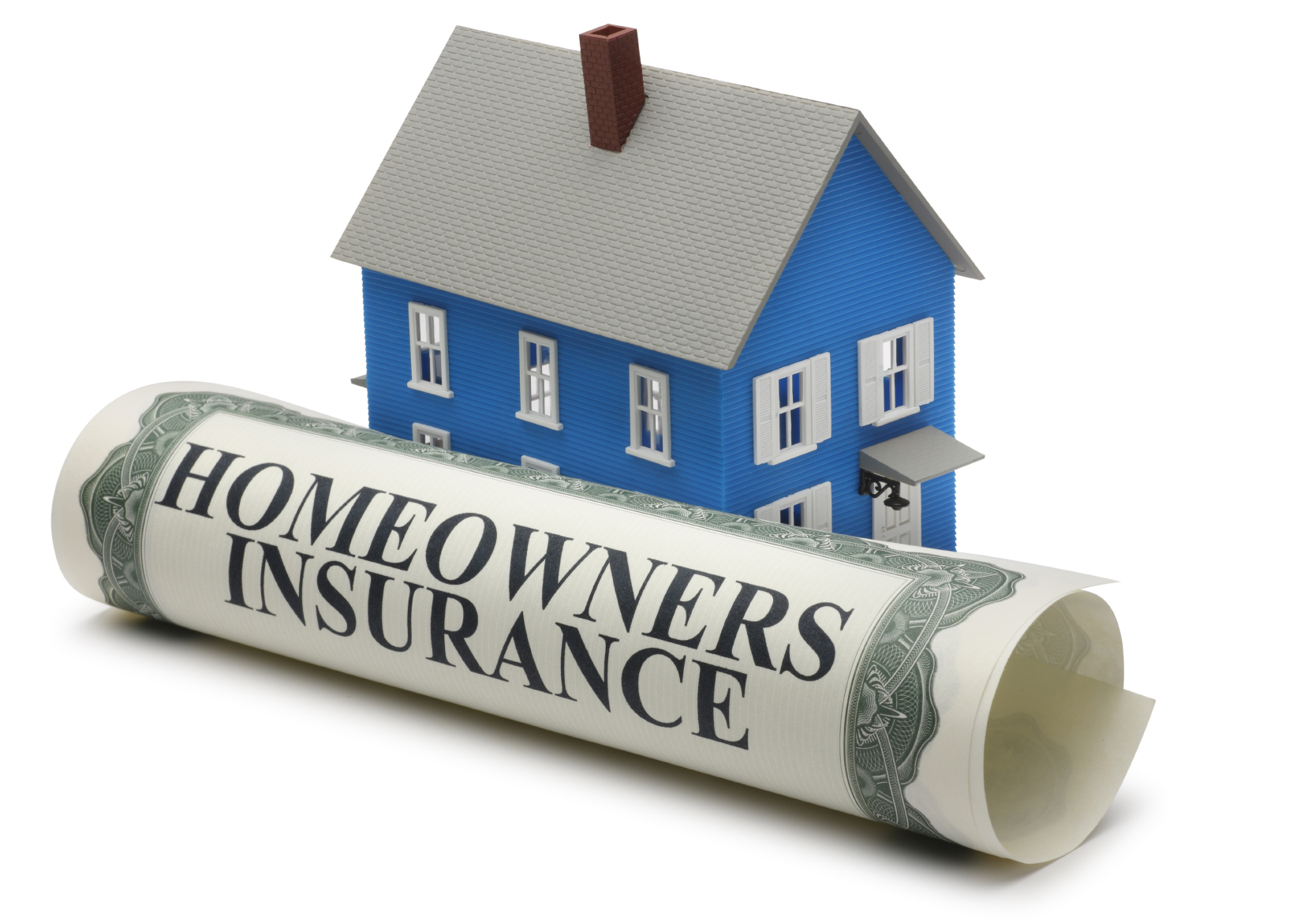Homeowners insurance is a type of property insurance that covers losses and damages to an individual’s residence, along with furnishings and other assets in the house. Homeowners insurance also provides liability coverage against accidents in the home or on the home.
Understanding Homeowners Insurance
Contents
A homeowner’s insurance policy usually covers four types of incidents on the insured property–inside damage, outside damage, loss or damage of private assets/belongings, and harm that occurs while on the house –. When a claim is made on any of these incidents, the employer will be asked to pay a lien, which in effect is the out-of-pocket costs for the insured.
For instance, say a claim is made to an insurer for interior water damage that has occurred in a house. The charge to bring the property back to livable states is estimated with a claims adjuster to be $10,000. In the event the claim is approved, the homeowner is advised of the quantity of their allowance, say $4,000, according to the policy arrangement entered into. The insurance company will issue a payment of the extra cost, in this instance, $6,000. The higher the deductible in an insurance contract, the lower your monthly or annual premium on a homeowners insurance coverage.
Every homeowners insurance policy has a liability limit, which determines the quantity of policy the insured has in case an unfortunate incident occurs. The conventional limits are usually set at $100,000, but the policyholder can opt for a higher limit. In the event that a claim is made, the liability limitation stipulates the proportion of the coverage amount that would go toward repairing or replacing damage to the house structures, personal possessions, and costs to live somewhere else while the house is worked.
A homeowner who resides in an area prone to these natural disasters might should get special coverage to insure his or her property from floods or earthquakes. However, most basic homeowners insurance policies cover events such as hurricanes and tornadoes.

Homeowners Insurance
When applying for a mortgage, the employer usually is needed to provide proof of insurance on the property prior to the financial institution will advance any funds. The home insurance can be acquired individually or from the lending bank. Homeowners who prefer to receive their own insurance policy can compare numerous offers and pick the plan that is most suitable for their needs. If the homeowner does not possess their property covered from damages or loss, the lender may obtain one for them at an extra cost.
Payments made toward a homeowners insurance coverage are usually contained in the monthly payments of the homeowner’s mortgage. The financing bank that receives the payment allocates the percentage for insurance coverage to an escrow account. Once the insurance bill comes due, the total owed is settled from this escrow accounts.
Homeowners Insurance Home Warranty
While the terms sound like homeowners insurance differs from a home warranty. These contracts usually expire after a specific time period, usually 12 months, and are not required for a homeowner to buy in order to be qualified for a mortgage. A home warranty covers problems and problems that result from bad maintenance or inevitable wear-and-tear on things –situations where homeowners insurance doesn’t apply.
Homeowners Insurance vs. Mortgage Insurance
A homeowners insurance policy also differs from mortgage . Mortgage insurance is generally required by the bank or mortgage company to get homebuyers earning a down payment of less than 20 percent of the expense of the home; the Federal Home Administration also requires it of those carrying out an FHA loan. It is an excess fee which may be calculated into the normal mortgage payments, or be a lump sum charged when the mortgage is issued.
Mortgage insurance insures the lender for taking on the excess danger of a house buyer who does not meet the usual mortgage requirements. In the event the buyer should default on payments, the mortgage insurance would compensate. Basically, while both deal with homes, homeowners insurance protects the mortgage and homeowner insurance protects the mortgage lender.
